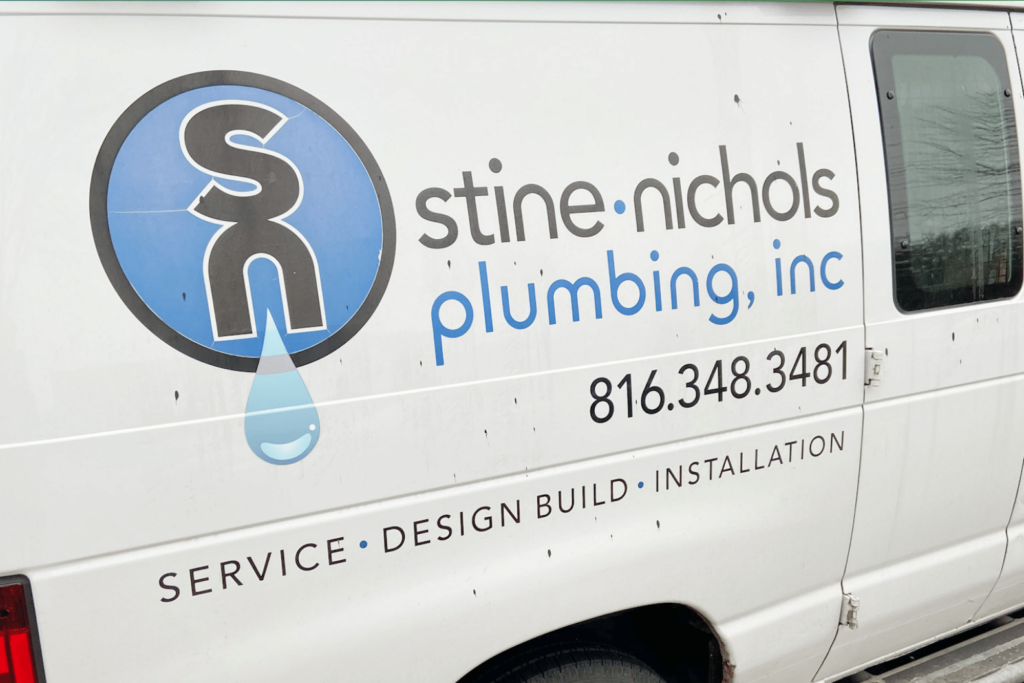When it comes to residential plumbing, homeowners have plenty of things to be mindful of. From the water heater to sewer line and so much more, it can seem a little daunting to make sure you have everything covered! In fact, this was a major reason why we decided to start this plumbing blog in the first place! While it’s impossible to cover every single thing that could go wrong with a home’s plumbing system, our mission is to provide weekly tips capable of making a difference and one’s that anyone could implement.
With this week’s blog, we’re going to analyze a home’s water pressure. Considering it’s prevalence in day-to-day life, it’s one of those areas that you’ll always notice when something is off. In particular, we’ll be discussing why it’s usually not a good thing when your water pressure is either too high or too low. Even though each of these typically mean different things, the one commonality is that you want to have an experienced plumber get eyes on it sooner rather than later!
High Water Pressure
Common Signs
We’ll start off with high water pressure. Perhaps the easiest way most homeowners notice they have high water pressure is by simply observing that the water is coming out with more force. Trust us, if there’s an issue, you’ll notice a difference between high pressure and normal conditions. A second noticeable way is through banging noises inside your pipes. Some refer to these clanging noises as a “water hammer.” If you hear these sounds immediately after using a fixture, then you’re likely looking at high water pressure. Additionally, it doesn’t take long for these loud noises to turn into a leak inside your walls, so be careful! Next on our list is an ever-growing water bill. As you might guess, the higher a PSI is for the water pressure, the more water it’s going to use in the same period of time. Lastly, we have noisy appliances. We all know appliances aren’t built to last forever. However, they’re also not built to handle high water pressure. When they do, they’ll gradually break down faster and some of those mechanical components will wear out.
What Can Follow?
Now that we know what some of the warning signs are behind high water pressure, let’s take a look at the consequences that will inevitably follow if you don’t take action!
- Premature Failure of Fixtures – To word it in basic terms, high water pressure puts your plumbing fixtures under a lot of stress. It’s not always crystal clear when it’s occurring, but when it does, your fixtures will gradually break down at a much faster rate. Water heaters, faucets, toilets, you name it! While some of these fixtures aren’t nearly as expensive to replace as others, you definitely don’t want to make a habit of repeatedly replacing them.
- Leaks in Your Pipes – When it comes to plumbing leaks, you really are dealing with a wide spectrum. For instance, a leaking toilet (also known as a running toilet) can typically be fixed simply by replacing the flapper. However, the scary leaks are when high water pressure starts wreaking havoc on those pipes behind the walls! These are obviously not as readily visible and can easily escalate from minor leaks into major problems!
How to Fix It?
By now, you know what water pressure issues look like and the consequences that follow, so let’s wrap up this section with a viable solution. The general average for recommended PSI in a house is 80 PSI. This is the level at which most fixtures are designed to operate. Anything above this leaves you much more susceptible to issues. The solution for those that find themselves having high water pressure issues is called a pressure-reducing valve, also referred to as a water pressure regulator. These are intended to lower the pressure level before letting the water through. Just as is the case with anything else plumbing-related, these are also not designed to last forever. They need to be maintained and will eventually need to be replaced, but that’s a whole different topic for another day!
Low Water Pressure
Common Signs
On the other side of the equation, we have low water pressure. This issue is about as easy as they get in terms of noticing it! Have you ever had the shower or a faucet seem like it’s operating at reduced intensity level? Maybe even it’s the washing machine that tends to take much longer than normal to fill up? The point I’m trying to make here is that whenever you’re dealing with low water pressure, you’ll know it. The pressure in which the water comes out will be nowhere near what you’re used to!
Why Does It Occur?
Considering most low water pressure issues are recognized simply through routine activities, like showering or washing the dishes, it’s important to have a sound understanding of why it occurs in the first place. Here’s a couple of the more common causes:
- Leaks – When it comes to plumbing issues, leaks are usually at the forefront. Due to the complexity of a home’s plumbing system, there are simply too many components involved that sometimes leaks are simply inevitable. In terms of low water pressure, a leak would be preventing all of the water from making its way through the piping and as a result, would likely drive up your water bill and cause some potentially-serious water damage!
- Blockages – Another instance where low water pressure occurs is when there’s any blockages. This can take many different forms. One of these could be any mineral deposits building up as a result of hard water. We’ve discussed hard water in greater detail before here on the blog, as it is an issue that affects most of the Kansas City area. If this is causing troubles in your home, consider investing in a water softener! It’s a straightforward fix and one that provides plenty of other benefits for homeowners. A second type of blockage to consider involves any debris in your main line. Main lines are not invincible and when they crack, debris can find its way in, thus causing a bevy of concerns. While on the topic of piping, also consider the adverse effects of corrosion within your pipes. Depending on when your home was built, your pipes could be made out of a number of different materials, including galvanized, clay tile and many others. Any corrosion can greatly restrict the free flow of water.
What’s Next?
With many of the causes listed above, this should signal to you, the homeowner, that there isn’t a lot of time to waste. The longer you let these types of issues sit, the worse they can get. In terms of blockages and piping damage, most of the time your solution is going to revolve around a repiping project. The underlying wild card is where the leak is occurring. If it’s in your sewer line, that’s going to be a much more expensive repair as opposed to something that’s easily accessible indoors.
As a homeowner, the final question you should ask yourself is whether the low water pressure is occurring everywhere in the house or with just one of the fixtures. If it’s the latter of these two, chances are you’re dealing with a clogged aerator. This can be resolved by soaking the aerator in a mixture of water and vinegar. In the instance that the same fixture is still experiencing low pressure, the culprit has to be in the pipes leading to that sink!
Similarly, if you notice the low water pressure only exists when you’re trying to use hot water, more often than not there’s an issue with the hot water heater!
Resolve Your Water Pressure Issues With Experienced Plumbers!
Here at Stine-Nichols Plumbing, we’ve come across plenty of water pressure issues over the years! It’s safe to say some of them are easily resolved, while others take a little more effort! In any case, our best advice is to not ignore them when you first notice it. What may seem like a minor inconvenience can easily end up being a major repair project! If you suspect something seems off, don’t hesitate to give us a call at (816) 348-3481. Even if it’s just to make sure you don’t have something major on your hands, we’re always happy to help! In addition, we service the entire Kansas City area, as well as all of the surrounding cities, such as Liberty, Parkville, Overland Park, Grandview, Independence and more!


